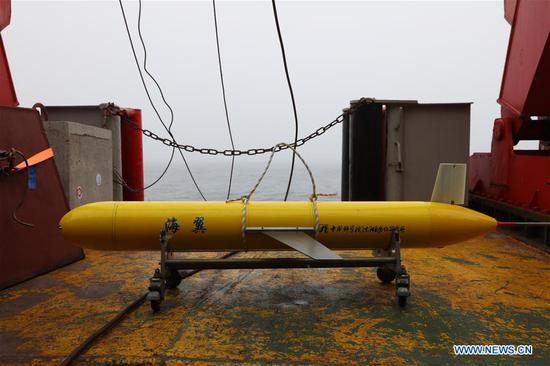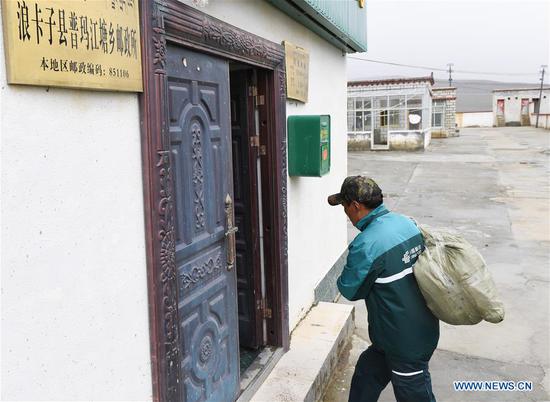Business hurdles
Roadblocks remain as the Bay Area gradually takes shape. There are different taxation systems on the mainland and in Hong Kong. For example, Hong Kong companies are required to declare their income once a year. On the mainland, companies are required to report once a month, or once per season. There are also substantial differences in tax categories between Hong Kong and the mainland.
Tony Tse Wai-chuen, a lawmaker representing Hong Kong's architectural, surveying and city-planning sector, suggested that the city launch a tax exemption pilot plan for local entrepreneurs who might otherwise be deterred by the intricate red tape of cross-border taxation.
Another snag lies in the differences between e-payment systems on either side of the border. The mainland is rapidly becoming a cashless society, with the mobile payment apps of Alipay and WeChat Pay dominating the market. In 2016, the mobile payment volume on the mainland was about $5 trillion, with Alipay responsible for 54 percent and WeChat Pay 40 percent.
People in Hong Kong still use conventional e-payment tools, such as credit cards, debit cards and stored value cards. To create fast and smooth capital flows between the mainland and the two SARs, adjustments will be needed to synchronize the different payment systems.
Mobile-app developers are trying to narrow the gap. "We are still exploring the 'sore point' of Hong Kong's mobile payments," Royal Chen Qiru, vice-president of Tencent Financial Technology, stressed earlier.
"We will introduce more pilot schemes with local stores, companies and institutes for both Hong Kong and mainland users in the second half of this year," he added.


















































